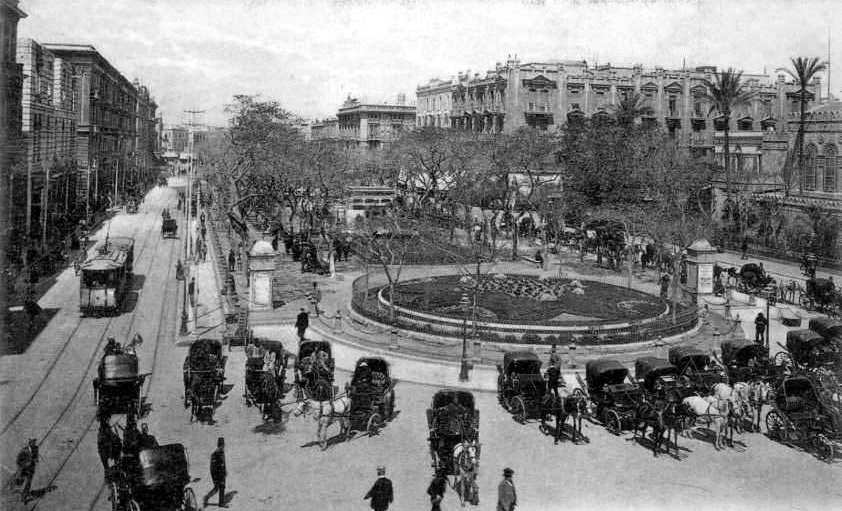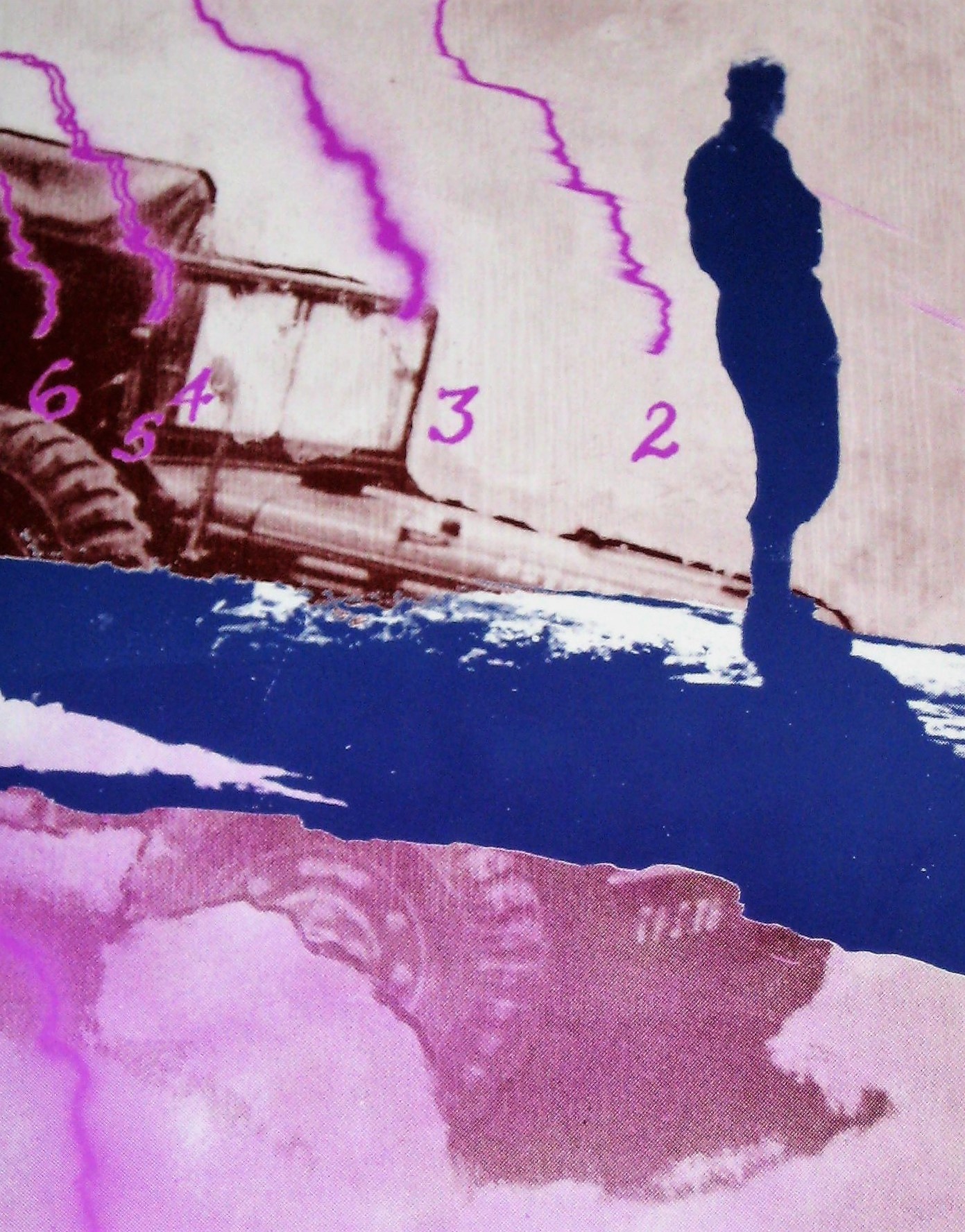Under the Rose
 Monday, December 16, 2013 at 13:38
Monday, December 16, 2013 at 13:38  There are countless ways to dream oneself a writer, but only one lonely path to ever achieving that noble aim (as a character in this overhyped novel discovers). In our days of mass market publishing, where even the oddest and vilest of tomes can find print and accolades, we are no longer obliged to peruse obscure journals, college newspapers, or even minor presses to learn of novelties. Nor should we be doing so, anyway: literature of genius rarely, if ever banners the young. Juvenilia and apprentice writings often stun the assiduous researcher just as much as the older writer, who, hopeful of youth's energy, ends up quickly squinting at his first pages through trembling, forked fingers. Occasionally, however, one finds a lollygagging charm in the younger writer not evident in his more careful and ironic successor. A good introduction to a story in this collection.
There are countless ways to dream oneself a writer, but only one lonely path to ever achieving that noble aim (as a character in this overhyped novel discovers). In our days of mass market publishing, where even the oddest and vilest of tomes can find print and accolades, we are no longer obliged to peruse obscure journals, college newspapers, or even minor presses to learn of novelties. Nor should we be doing so, anyway: literature of genius rarely, if ever banners the young. Juvenilia and apprentice writings often stun the assiduous researcher just as much as the older writer, who, hopeful of youth's energy, ends up quickly squinting at his first pages through trembling, forked fingers. Occasionally, however, one finds a lollygagging charm in the younger writer not evident in his more careful and ironic successor. A good introduction to a story in this collection.
Our protagonist is a porcupine (and, as we learn from the author's introduction, the antagonist is a mole), which may explain his overweening antipathy to human interaction. He also doesn't like people because he spends his days and nights watching them, lying to them, and, on harsh occasion, murdering them. Porpentine is our man in Cairo, or, as the story opens, in Alexandria, and his tasks accumulate as Britain nears this historical conflict which he deems inevitable. We meet him, "his face ... carefully arranged: nerveless, rakish-expectant, he might have been there to meet a lady," in one of those cafés which subsist on fictional intelligence officers. As it were, his watch keeps promising him his ruddy-cheeked colleague in espial, Goodfellow, and while the latter ambles through Muhammad Ali square, we are afforded a glimpse into their situation (soon, of course, to become the Situation):
Tender and sheepish, therefore, they wove their paths to cross his own at random. Mirrored, too, his private tactics: living in the most frequented hotels, sitting at the tourist cafés, traveling always by the respectable, public routes. Which surely upset him most; as if, Porpentine once having fashioned such proper innocence, any use of it by others – especially Moldweorp's agents – involved some violation of patent right. They would pirate if they could his child's gaze, his plump angel's smile. For nearly fifteen years he'd fled their sympathy; since the lobby of the Hotel Bristol, Naples, on a winter evening in '83, when everyone you knew in spying's freemasonry seemed to be waiting. For Khartoum to fall, for the crisis in Afghanistan to keep growing until it could be given the name of sure apocalypse. There he had come, as he'd known he must at some stage of the game, to face the already aged face of Moldweorp himself, the prizeman or maestro, feel the old man's hand solicitous on his arm and hear the earnest whisper: 'Things are reaching a head, we may be for it, all of us, do be careful.'
That Moldweorp would now be the German Maulwurf, with the double meaning intact, is not lost on Pynchon; nor is the fact that although "Porpentine worked nominally for England and Moldweorp for Germany, they probably would have chosen the same sides had their employments been reversed." A ruthless game will be afoot as "Egypt's sun beat down, somehow threatening," but the questions asked are the same as in every trial of the spy: whom can I trust, and what happens when I cannot even trust them?
Much more happens: Goodfellow finds a bedfellow in eighteen-year-old Victoria Wren (both cataract and Queen would not be amused); Victoria's much younger sister Mildred is pawned off, in a somewhat perverse aside, on Porpentine; the girls' father Sir Alistair continues to comb Egypt for a decent pipe-organ, finding a less than perfect one and imbuing our quilled hero, if briefly, with a sense of the otherworld; and slowly but surely a plot thickens and bubbles around a Consul who will be at a certain time and place in the gun-sight of a host of malefactors. The plot of Under the Rose is pure Buchan, with the concomitant nastiness and topicality which both makes the Scot a joy to read and assures his oblivion. And like in Buchan's war-torn landscapes there are glimmering jewels amidst this dusty, treacherous desert: "He fell asleep reading an old and mutilated edition of Antony and Cleopatra and wondering if it were still possible to fall under the spell of Egypt: its tropic unreality, its curious gods"; "As if her glow were a reminder of any Yorkshire sunset, or at least some vestige of a vision of Home which neither he nor Goodfellow could afford"; "So that at some point, prowling any mews or alley in midcentury London, the supreme rightness of 'the game for its own sake' must have occurred to him, and acted as an irresistible vector aimed toward 1900." Yet one of the finest and most curious passages relates the last year of decisions by Victoria, who seems to have come to Egypt so as to elope from it:
This was her first trip abroad. She talked a great deal about her religion: had, for a time, considered the son of God as a young lady will consider any eligible bachelor. But had realized eventually that of course he was not, but maintained instead an immense harem clad in black, decked with rosaries. She would never stand for such competition, had therefore left the novitiate after a matter of weeks but not the Church: that, with its sad-faced statuary, its odor of candles and incense, formed along with an uncle Evelyn, the twin foci of her serene orbit. The uncle, a wild or renegade sundowner, would arrive from Australia once a year bringing no gifts but prepared to weave as many yarns as the sisters could cope with. As far as Victoria remembered, he had never repeated himself.
There are college term papers to be drafted with Victoria's devotion as that of the fledgling writer (the quite proper use of "novitiate" will nevertheless surely be adduced as a hint), with his religion being literature itself. Yet it is the last line which remains the most marvelous. A raconteur, you see, is someone who, with a phony aside or two, only repeats others; a bore is someone who only repeats himself. That is why, also along with the Wrens, specifically along with Victoria, a zealous pyramid hunter, a certain Bongo-Shaftsbury, can go on and on about silly archeological artefacts and other such nonsense yet not appear to pose any romantic obstacles. That is also why there is another type of profession in which repetition and boringness are virtues. Well, they were virtues until they were replaced "by trends and tendencies and impersonal curves on a lattice of pale blue lines." Very thin and cracked pale blue lines.

